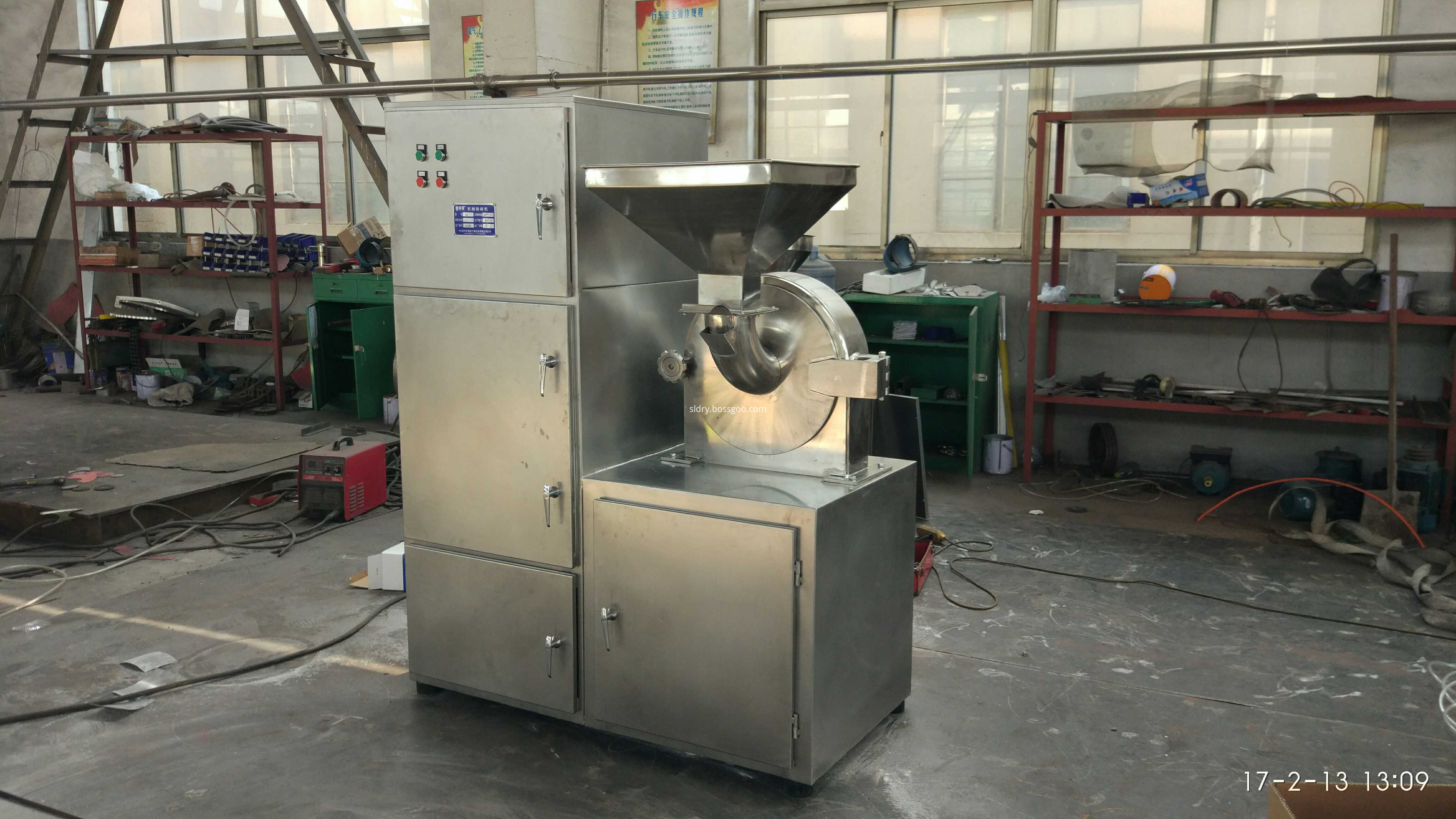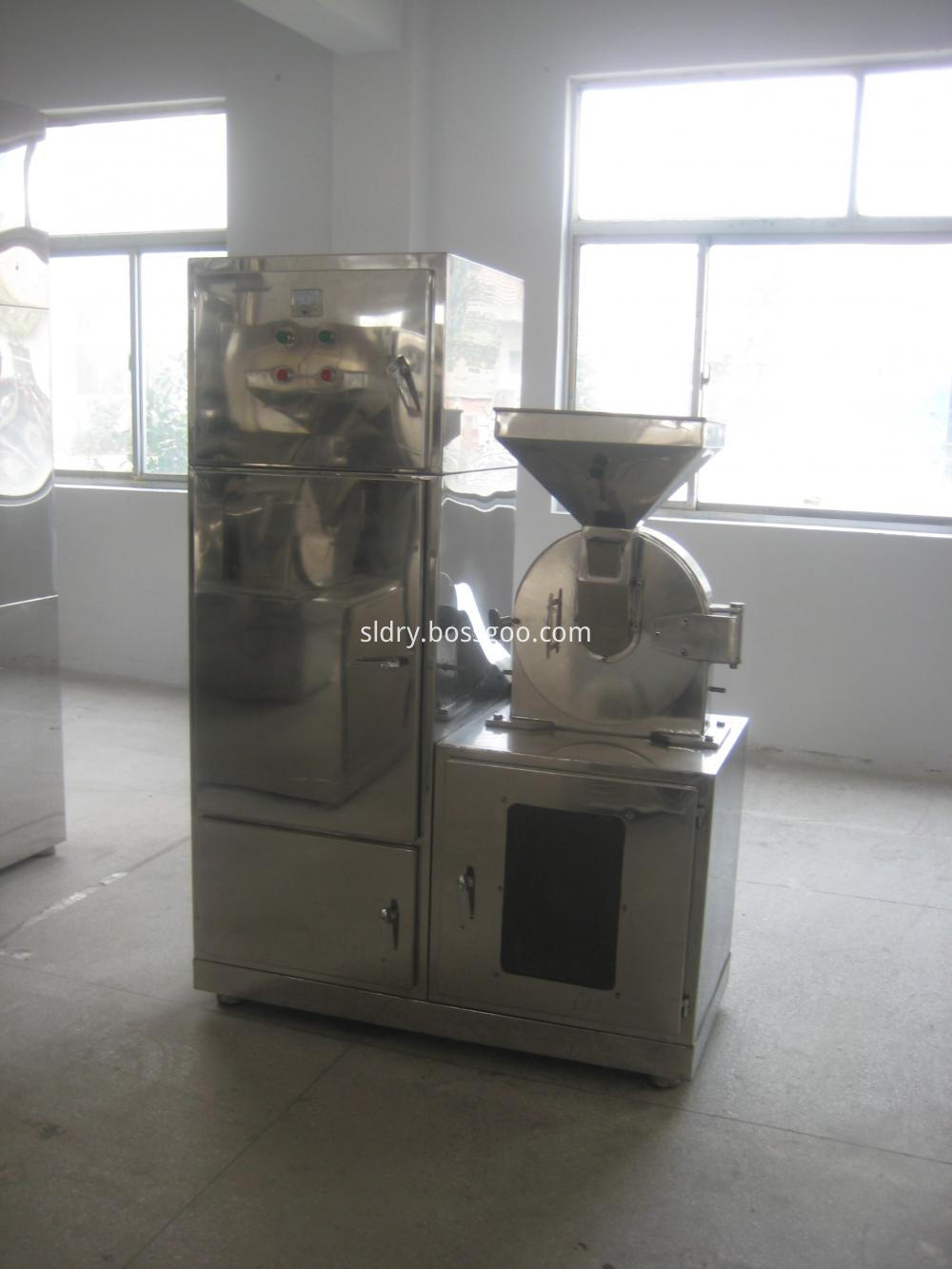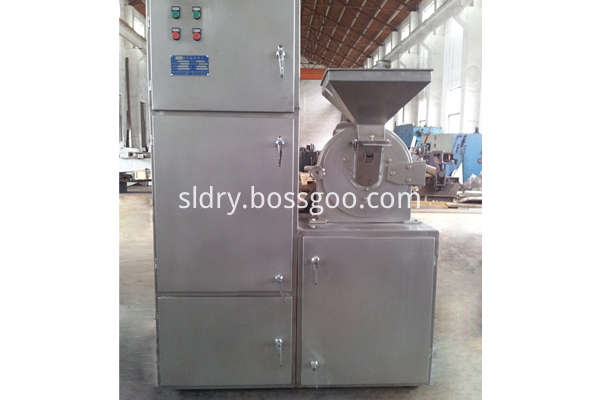The reform of the United States Toxic Substances Control Act (TSCA) is currently moving forward with difficulty. The US Environmental Protection Agency (EPA) has made great efforts in order to let more members of the public know about the health and safety information of commercial chemicals provided by chemical companies. This has caused chemical manufacturers to worry. Recently, this tension has filled the venue at the Global Chemical Regulatory Symposium hosted by the American Chemical Industry Council (ACC) and the Organic Chemical Manufacturers Association (SCOMA). The ACC pointed out that EPA's move has prevented TSCA from impeding the principle of scientific and technological innovation. The American Cleaning Association also believes that this move may tumble down the company's enthusiasm for applying for chemical data. Chemical companies are worried that EPA will disclose to the public the specific names of the patented chemicals, formula secrets or business information for the production of these chemicals. These trade secrets are contained in the information submitted to the EPA. This concern began at last year’s Global Chemical Regulatory Symposium where Stephen A. Owens, EPA’s director of chemical safety and pollution prevention, challenged the industry’s bottom line and asked manufacturers to voluntarily repeal some previously filed chemicals. The statement of confidentiality of health and safety research data states that this is an important step for the EPA to urge information disclosure of commercial chemicals. For years, environmentalists complained that the description of chemicals in a large number of public health and safety reports was too simple and the data provided was meaningless. According to the thousands of chemical health and safety data provided by TSCA requirements, many companies claim that the product name and nature are trade secrets. Since 1977, EPA has received 69,000 reports on the health and safety of chemicals, of which 22,000 have stated that the name of the chemical is a trade secret and cannot be announced. Barbara Cunningham, deputy director of the EPA Office of Pollution Prevention and Toxic Substances, said: "This is an astonishing number!" The industry also acknowledges that in some cases, chemical companies are abusing confidentiality statements. To enable the public to learn more about the health and safety data of chemicals, in February this year, the EPA warned five companies that they would publish data they claim are trade secrets, because the chemicals involved may endanger health and the environment. In addition, EPA has persuaded 19 chemical manufacturers to voluntarily disclose product health and safety data. On March 24, EPA announced on the official website 42 health and safety data files that the company voluntarily abolished the confidentiality statement. Among them, there are 11 documents involving DuPont. Procter & Gamble also voluntarily disclosed the chemical information requested by TSCA and abolished the confidentiality statement of the three reports. Givaten Spice, Japanese Technical Information Center, JSR Micro, National Aluminum, and Promerus, which were warned by the EPA in February, also agreed to repeal Privacy statement. Julie Floryridge, manager of Procter & Gamble’s Regulatory Affairs Department, said that public health and safety reporting in the past faced many problems. For example, many documents have only paper text and cannot be searched by electronic tools. At the same time, the composition and the proportion of some of the mixtures are protected by confidentiality agreements. In this case, the confidentiality statement needs to be reviewed by a lawyer before it is repealed. Christine Franz, director of ACC regulations and technical affairs, revealed that ACC has established a temporary working group to deal with chemical information disclosure. She said that the EPA should carefully treat the disclosure of chemical health and safety data, and should protect data that is classified as trade secrets because it is important for innovation in the chemical industry. In some cases, the application of a chemical in a specific chemical formula may indeed be a trade secret. A TSCA clause states that federal chemicals laws should be implemented without impeding technological innovation. The ACC believes that the company should provide sufficient reasons for the confidentiality statement when submitting information in accordance with the TSCA regulations.
The grinder is widely used in medicine, chemical industry, pesticide, food and grain industry. The crusher utilizes the high-speed relative motion between the movable and fixed teeth to crush the crushed material through the combined action of tooth impact, friction and impact between the crushed materials. The machine has simple structure, ruggedness, smooth operation and good crushing effect. The crushed material can be discharged directly from the grinding chamber of the machine. The size of the particle can be obtained by replacing the screen with different apertures.
Crushing Series,Rock Crushing Plant,Crushing Mining Equipments,Impact Crushing Equipment Changzhou Su Li drying equipment Co., Ltd. , http://www.sldrying.com
Matters needing attention
1, check whether there is a foreign body in the crushing cavity (before opening the machine must be empty), and connect the power supply.
2. Tighten the butterfly nut of the upper cover and the crushing chamber.
3. Start the motor, turn the air machine for 1-2 minutes, then gradually feed the beaten material from the feeding tray, the feeding should not be too fast and excessive.
4. If the material is stuck and the motor does not turn, please close it immediately so as not to burn the motor. After the stuck material is removed, it can be used again.
5. During the use of the machine, it is forbidden to open the upper cover and extend the hand into the crushing cavity.
6, the machine is a dry grinder, and it is not suitable to crush wet matter and greasy matter.
7. Users are required to replace different screens.
8. This machine adopts overheat protector. If the load of the motor is too large, it will stop automatically. If you continue to operate, please press the protector again.


